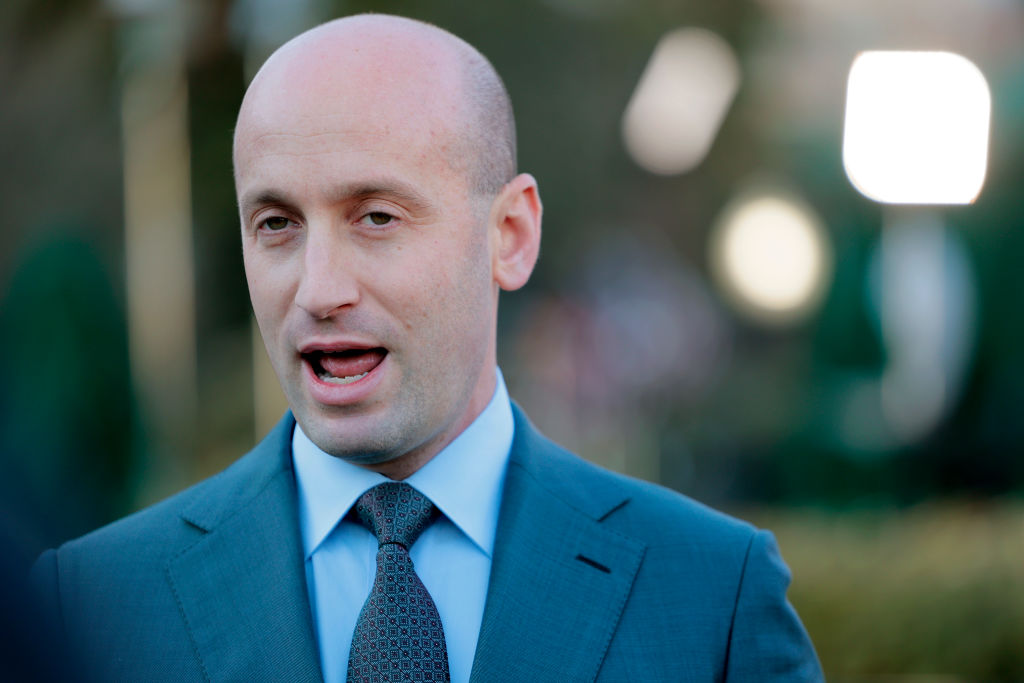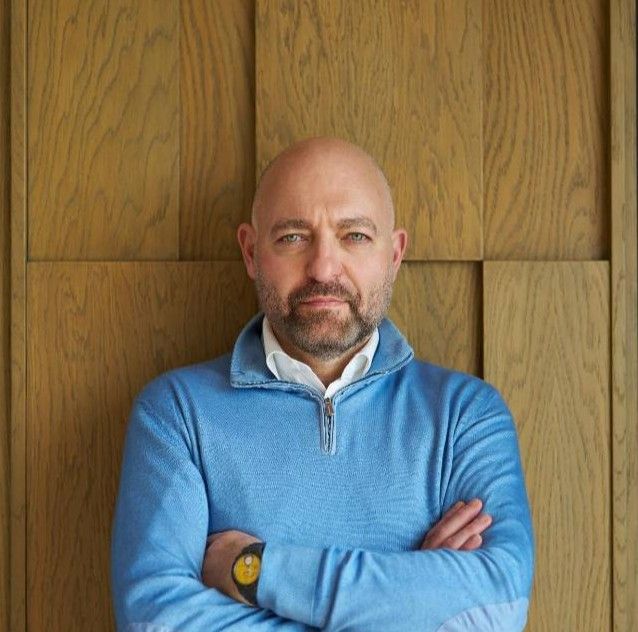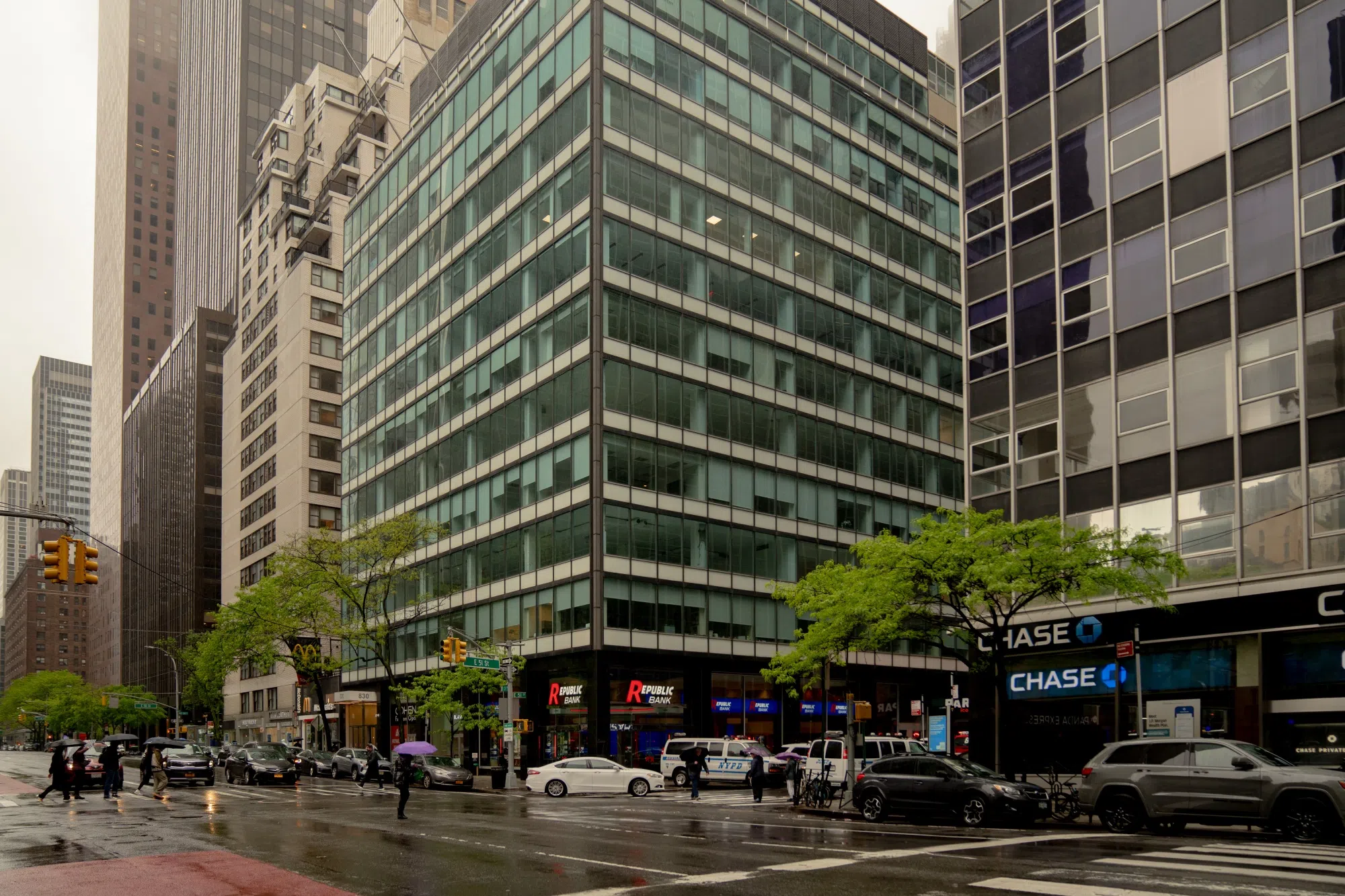Over the past several decades, the US population has become more and more ethnically diverse. Four out of every 10 Americans are Black, Indigenous, and People of Color (BIPOC), and there is a need for the creative industry to reflect this shift.
Despite the huge contributions of the BIPOC community to popular culture, such as music, sports, and the arts, they are severely underrepresented in the creative industry. This means that the monetary value generated by products of Black and Brown culture largely does not go to Black and Brown creatives.
According to first-generation Haitian-American creative Tachand Dubuisson, founder of experiential and creative agency APT-122, these cultural products are often appropriated by the dominant culture and the originators are unable to benefit from them.
“When we share our ideas with the world, it’s often seen as ‘ghetto’ or ‘unprofessional’. But these same ideas are hijacked from us and then deemed popular culture. The original creatives are stripped of agency and leadership, and we don’t get the dollars that we need to provide for ourselves and our families. Having realized this, I wanted to challenge the status quo by founding an agency that does things differently,” Dubuisson says.
APT-122 is closing the gap by employing a diverse range of creatives to cultivate authentic and more inclusive experiences.
According to Dubuisson, APT-122, an entirely self-funded, Black-owned business, has put more than $700,000 in the pockets of Black and Brown collaborators, partners, and freelancers in just over three years since its founding. The agency, which has worked with some of the largest brands in the world, specializes in live events and brand activations, providing a wide range of services within experiential design and production.
By providing brands with access to well-honed producers, creatives, and technicians of color, APT-122 helps brands better appeal to a more diverse consumer base by creating artistic and culturally sensitive output that forges a deeper connection with people.
Prior to founding APT-122, Dubuisson worked in the financial world and then transitioned into a freelance creative for seven years, and she personally experienced being discriminated against and shortchanged in the creative industry. This was one of her inspirations in starting her own business. She shares that the name APT-122 comes from the address of her childhood home, reflecting its goal to serve as a safe space for creatives of all backgrounds.
“My brother and I weren’t allowed to go to many places outside of school, church, and home,” Dubuisson says. “So my friends and I used my house as a hub, where we talked about our pain and struggles, and dreamed of our successes, goals, and aspirations. Today, while we are in different industries and places in our lives, we still go home to find inspiration and support.”
She adds that her background in finance and business has given her insight into how to increase the visibility and equity for Black and Brown creatives, and this can be achieved by ensuring that money goes into the right pockets, closing the racial wealth gap within the industry.
By adopting a remote working model, APT-122 is able to provide opportunities to people from a wider range of backgrounds, resulting in a more diverse team and output. For every project, APT-122 assembles a team of in-house and freelance professionals that best fits the needs of the client and the target audience.
According to Dubuisson, while the creative industry is suffering from a lack of diversity, she sees some rays of hope. She has observed that, with younger, more socially conscious business leaders coming to the fore, a growing number of brands want to diversify their creative messaging. However, many of them don’t know how to realistically achieve this. This has resulted in some campaigns that may be well-meaning in concept, but tone-deaf in execution. This is where agencies such as APT-122 come in.
“There are definitely not enough experiential agencies working with major brands to increase diversity, equity, and inclusion. The word on the street is that brands are looking for qualified people of color but they can’t find them,” Dubuisson says. “Well, we have them here at APT-122. Our team understands the masterful art of amplifying historically marginalized voices and redesigning systems for economic opportunities within live events. We offer an authentic, responsible, culturally relevant, and socially conscious voice for businesses and brands in the market while contributing to closing the racial wealth gap.”







